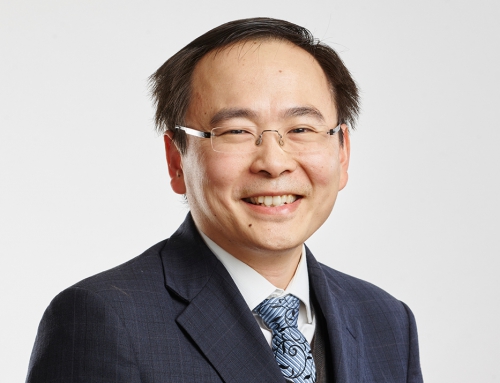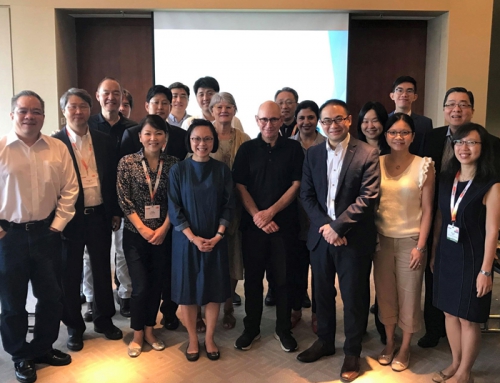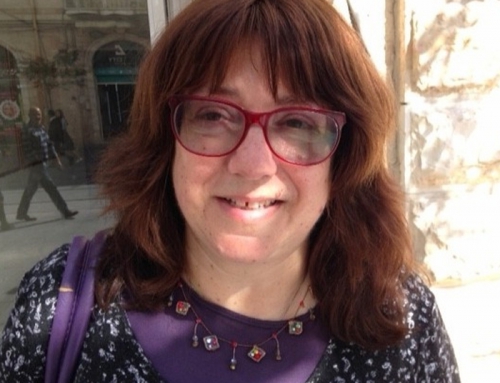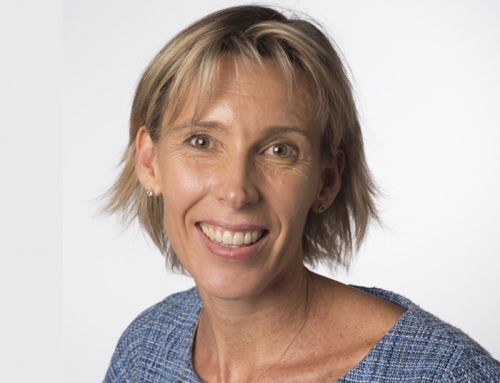The Australia New Zealand Gynaecological Oncology Group (ANZGOG) is thrilled to announce it has been awarded $1.58 million over three years (2024-2027) as part of the Australian Government’s $22.19 million investment in cancer clinical trials through the Support for Cancer Clinical Trials program. This funding will drive the development of innovative gynaecological cancer trials across Australia, with a particular focus on accelerating access to precision medicine for women affected by rare and less common cancers.
The funding, announced by the Hon Mark Butler MP, Minister for Health and Aged Care, will enable ANZGOG to further expand its research efforts, ensuring more equitable access to clinical trials and life-saving treatments.
ANZGOG Chair, Professor Clare Scott AM, expressed her gratitude for the grant and emphasised the critical role clinical trials play in improving outcomes and quality of life for women with gynaecological cancers.
“This funding will significantly bolster our ability to develop and implement trials that not only advance treatment options but also ensure that all women across Australia, have access to cutting-edge therapies. Gynaecological cancers, particularly the rare and less common types, desperately need this kind of focused research investment,” said Professor Scott.
“We thank the Australian Government for their continued support, which will undoubtedly have a lasting impact on the lives of women affected by these cancers.”
Minister Butler echoed the importance of the program’s impact on patient care and outcomes:
“The $22.2 million investment in cancer clinical trials is a vital step toward saving lives and ensuring that all Australians, regardless of where they live, have access to the most advanced and effective treatments,” Minister Butler said. “These trials are not just about research; they are about providing hope and delivering real, life-saving outcomes for people affected by cancer.”
Cancer Australia’s CEO, Professor Dorothy Keefe, highlighted the alignment of the funding with broader national cancer priorities.
“This funding aligns perfectly with the goals of the Australian Cancer Plan, which is focused on reducing the impact of cancer and improving outcomes for all Australians. By supporting these clinical trials, we are advancing critical research and ensuring that innovative treatments reach those who need them most, helping to save lives and reduce disparities in cancer care across Australia.” said Professor Keefe.
The Support for Cancer Clinical Trials program, administered by Cancer Australia, supports 14 multi-site Collaborative Cancer Clinical Trials Groups (CTGs) across the country. The program focuses on filling research funding gaps by promoting equitable access to trials and fostering sector capacity building, particularly in rare and less common cancers.
Through this funding, ANZGOG will continue its mission to save the lives of women with gynaecological cancers by conducting high-quality clinical trials, advancing research, and fostering collaboration across medical and scientific communities.
For more information, visit anzgog.org.au or call +612 8071 4880.
To support or make a donation, please visit WomenCan.org.au – ENDS –

Media inquiries:
Monique Cerreto: T: 0416 282 464, E: Monique.cerreto@anzgog.org.au
ABOUT ANZGOG: The Australia New Zealand Gynaecological Oncology Group (ANZGOG) is the peak national gynaecological cancer research organisation for Australia and New Zealand. Through its public fundraising brand WomenCan, ANZGOG aims to support and finance pioneering discoveries to help women with gynaecological cancer to live longer.
ABOUT GYNAECOLOGICAL CANCERS: In Australia, 19 women are diagnosed with a gynaecological cancer (including ovarian, uterine, cervical, vaginal, and vulval) every day, and tragically 6 women lose their life to the disease every day. While great strides have been made in improving survival and quality of life for many cancers, unfortunately gynaecological cancers remain largely overlooked and underfunded, with survival rates and advancement in treatment options largely unchanged in 35 years, highlighting a significant gap in care and urgent need for change.











